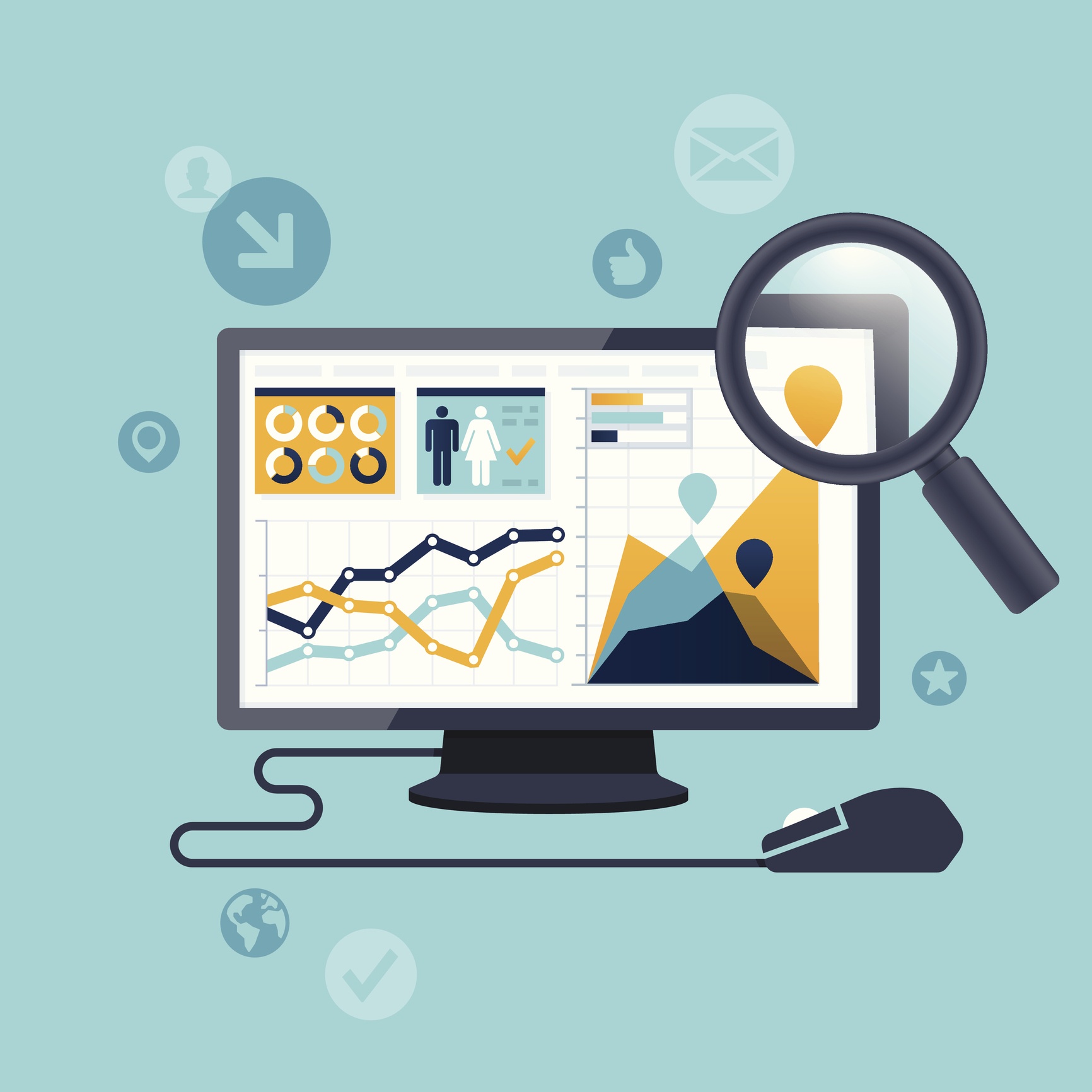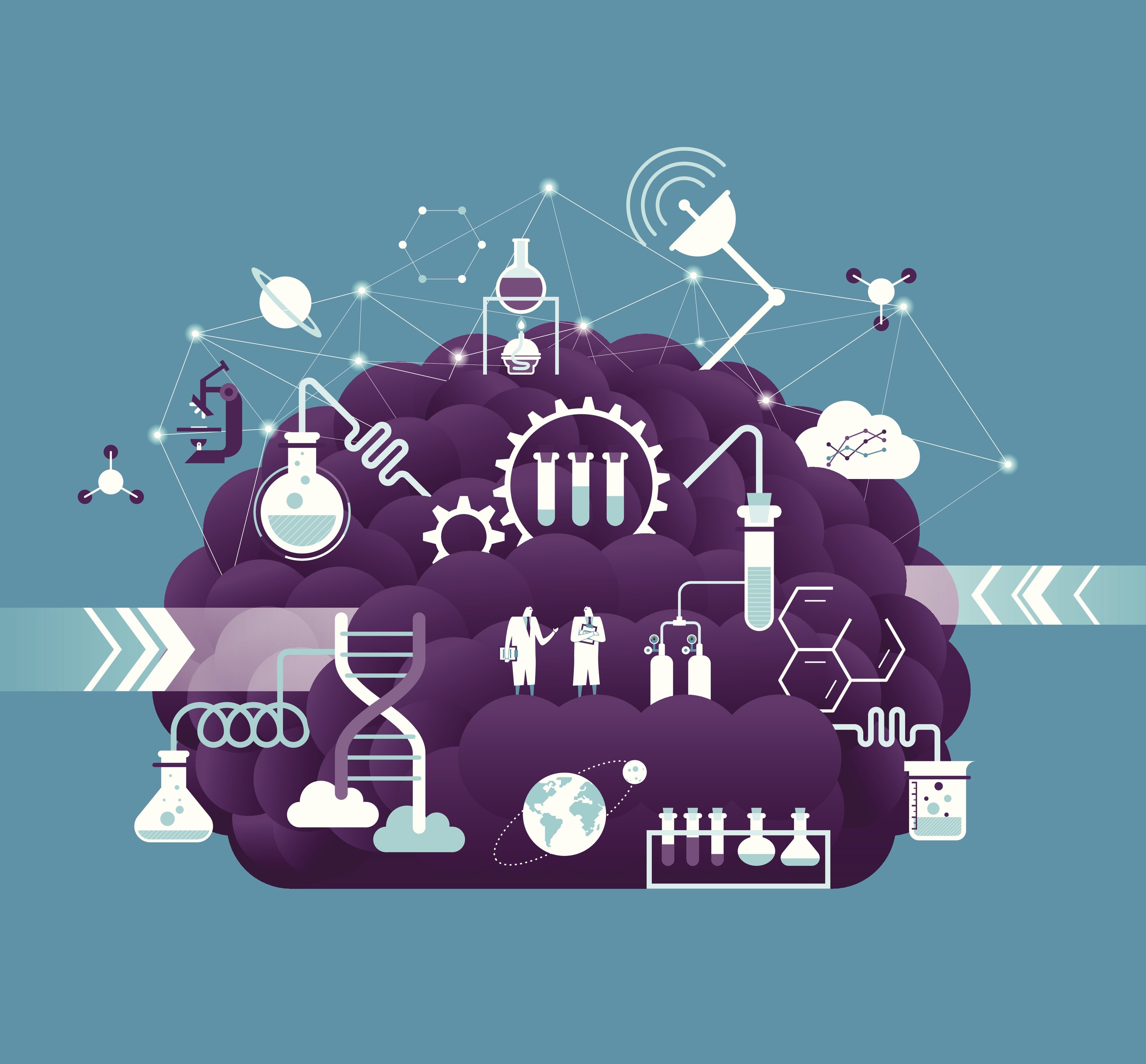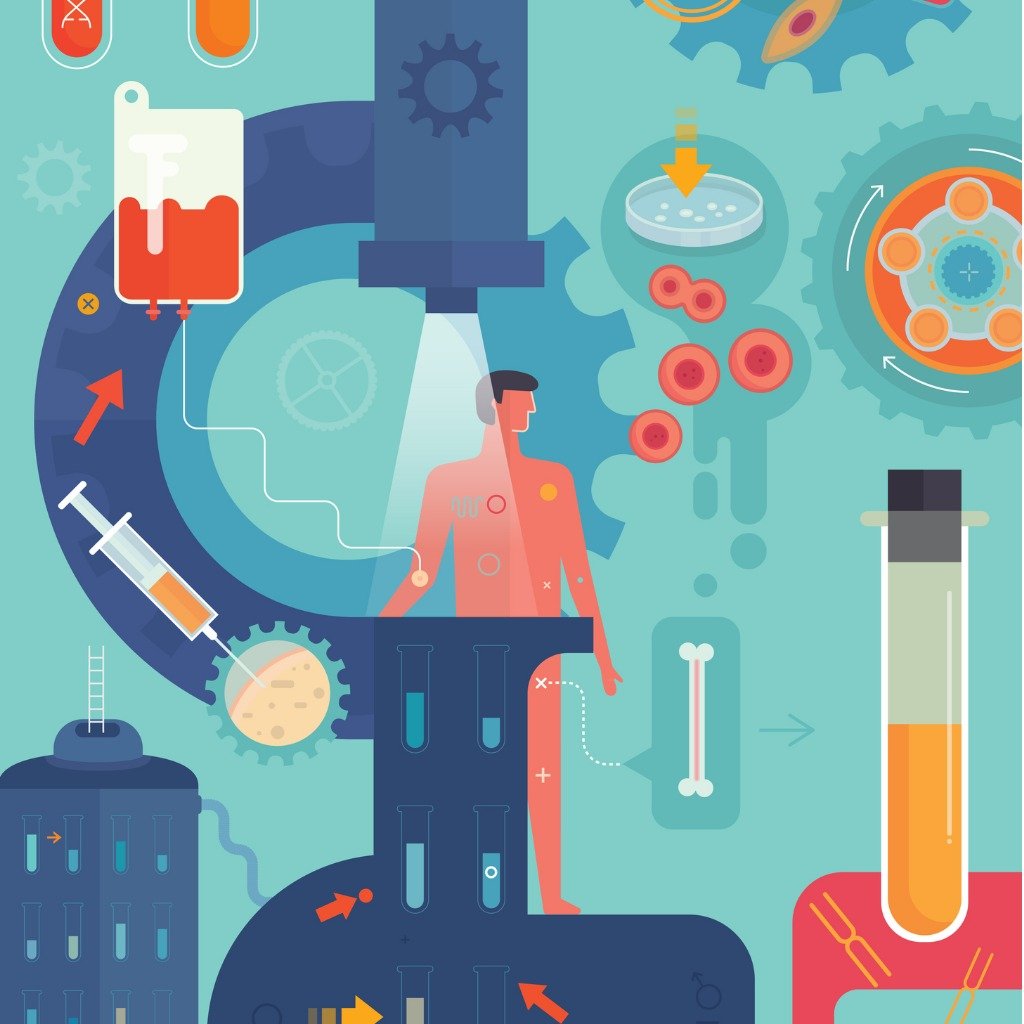Striving to effectively communicate thoughts and ideas has been an aim of humans since the dawn of time. The Cro-Magnons used charcoal to scrawl paintings on cave walls 40,000 years ago. Egyptians used hieroglyphics and the Chinese created logograms to represent words. In more modern times, organizers of the 1964 Tokyo Olympic games used symbols for sports for the first time to better communicate with an international audience.
Throughout history, the goal has always been to find the best ways to communicate. Inevitably, the solution has been the same: a picture is worth a thousand words....
The U. S. healthcare industry now produces an estimated 1.2 billion clinical care documents a year. Within those documents is an amazing amount of detail on an individual patient’s care plan, medical history and overall health. So why is this type of data, not often touted, important? When analyzed, this detailed patient data has the potential to improve healthcare outcomes. The only problem is that about eighty percent of that data is unstructured¹.
Longitudinal data – data that includes all healthcare encounters of a patient or member over a continuum of care and time – is critically...
Do you fasten your Fitbit, smartwatch or other wearable device onto your wrist every morning and diligently track the number of steps taken or miles biked throughout the day? Perhaps you use an app on your smartphone to analyze your sleep patterns or as a reminder to take a vitamin or a medication. If you’re not using technology to track these activities, chances are you know someone who is.
According to eMarketer’s latest projection, over 50 million Americans are wearing some type of device that captures health information at least once a month. That represents almost one out of every five...
Clinical leaders at Dana-Farber Cancer Institute for Neuro-Oncology were becoming more frustrated with the lack of treatment options for patients suffering from glioblastoma (GBM). The aggressive form of brain cancer, which recently claimed the life of Senator John McCain, is one of the deadliest forms of cancer and has no known cure. Most people diagnosed with the disease die within 15 months and a meager 15 percent survive past five years¹.
Not satisfied with the slow pace of traditional randomized controlled trials studying GBM, Dr. Brian M. Alexander at Dana-Farber decided to act. A...
Last week, an op-ed was published in the New York Times that asked an important question: Are patients being misled by the promise of precision medicine? The article, which focused on the treatment of various forms of cancer, posited that the successes achieved through precision medicine are relatively few when compared to its failures¹.
Precision medicine is a term that has been trending for several years (just try googling it). Previously, the healthcare industry had tried other avenues to produce better outcomes at lower costs. While the hype around what precision medicine can achieve for...
The power and effectiveness of artificial intelligence (AI) and its continued integration into everyday life is becoming more widely accepted. This is especially true in healthcare where researchers are making significant strides in identifying the causes of and providing more effective treatments for major diseases.
But among these successes is a question of whether some AI results may be biased. A recent article in Fast Company acknowledges that AI should be “the great equalizer” because it is all about objective math and calculations. But the article raises the question of “creator bias”...
For most of us, the first Monday in September marks a day off from work and a last chance to gather with friends and family before summer is replaced by the chill of fall. Our barbecues and fireworks are a far cry from the first Labor Day celebrated in 1882, when a parade of 10,000 workers in New York City went on strike to protest the 58-hour work week that was common at the time.
It took until 1894 for Labor Day to be declared a federal holiday and until 1916 for the Adamson Act to establish the eight-hour work day. It is thanks to the efforts of these early laborers that we have weekends,...
The drive to value-based care has become a significant issue for biopharma companies as more health plans request value-based contracts. According to McKinsey, over 200 of these innovative contracts have been publicly disclosed since 1994¹. The buzz around the biopharma industry is that these value-based contracts are the wave of the future. Although this trend is likely to continue in the immediate future, the shift to these types of contracts may not survive in the long term. Precision medicine may make them obsolete.
Types of innovative biopharma contracts
The two most prevalent types of...
If you drove around Boston in the summer of 2014, you wouldn’t be surprised to see individuals on their lawns, driveways, or in their back yards dumping buckets of ice water over their heads. The chilly act was part of a challenge that encouraged participants to film their icy shower, post it to social media, and nominate others to do the same. The nominee had 24 hours to comply or donate money to The ALS Association. Most people did both and the videos went viral, spreading across the country and, eventually, the world.
The ALS Ice Bucket Challenge was the brainchild of former Boston College...
There is a wide and varied mix of opinions when it comes to artificial intelligence (AI). Peruse just about any publication and there’s likely to be an article or two on how AI will transform the way we live for the better or conversely how it is sure to overtake our lives in unimaginable ways.
Adding to the confusion, you have technology visionaries like Elon Musk saying, “I’m close to artificial intelligence (AI) and it scares the hell out of me”. Or Bill Gates calling AI “our biggest existential threat.”1 Given those impressions, it’s no wonder that many people today still fear the power...


.jpg)







